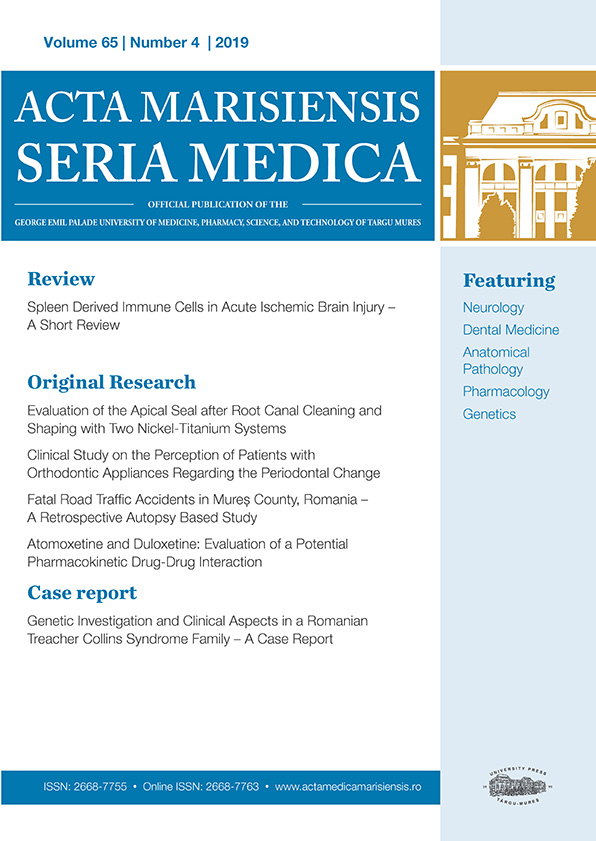Purple Sweet Potato (Ipomoea batatas L) Reduces the Wound Temperature and Erythema in STZ-induced Diabetic Rats
DOI:
https://doi.org/10.2478/amma-2024-0018Keywords:
Diabetes, Wound Temperature, Erythema, Wound Healing, Purple Sweet Potato Ethanol ExtractAbstract
Objective: Wound temperature is one of the wound biomarkers representing the wound healing progress. The diabetic wound is associated with a prolonged inflammation phase marked by an increasing wound temperature and erythematous wound. Purple sweet potato extract (PSP), an anthocyanin-rich plant, improved wound healing in both diabetic and non-diabetic wounds in animal studies. This study aims to know the effect of purple sweet potato ethanol extract on wound temperature and erythema in streptozotocin-induced diabetic rats. Methods: Rats were divided into four groups: normal rats + gel placebo; diabetic rats + gel placebo; diabetic rats + PSP 10%; and diabetic rats + PSP 15%. Diabetes mellitus was induced by streptozotocin injection. After diabetic confirmation, the back of the rats was excised and the gel was administered daily for 14 days. The wound temperature was measured at the wound surface using infrared thermography on days 0, 3, 7, and 14. The wounds were photographed and erythema analysis was conducted using Corel Photo paint®. Results: Diabetic wounds exhibited higher surface temperature compared with the normal wound (37.08 ͦC±0.29 vs 35.13 C±0.46) on day 14 of examination and topical application of purple sweet potato ethanol extract gel 10% and 15% markedly decreased the wound temperature at day 7 and 14 compared with the diabetes wound (p<0.0001). Wound erythema was significantly reduced in the PSP 10% and 15% diabetic wound treatment groups on day 14 (p<0.05). Conclusion: Purple sweet potato extract gel treatment was found to be the potential to reduce inflammation in diabetic wounds.
Downloads
Published
How to Cite
Issue
Section
License
Acta Marisiensis Seria Medica provides immediate open access to its content under the Creative Commons BY 4.0 license.









